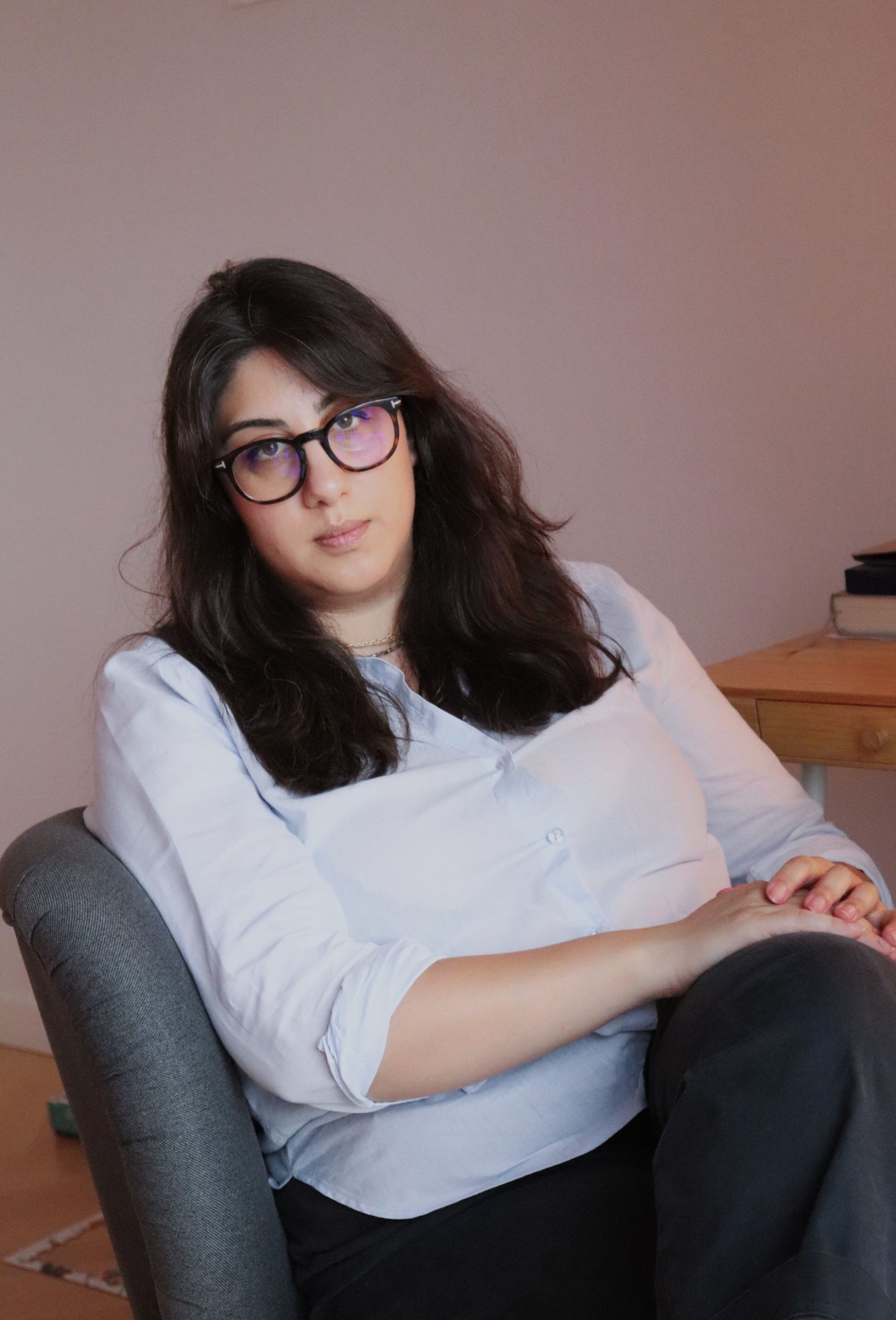“There is a special place in hell for women who don’t help other women.”
(Madeleine Albright)
Georgia became independent in 1991. Since independence, it has made efforts to improve the situation of gender equality. Women’s economic empowerment is seen as one of the main goals to access gender equality and Georgia has committed politically and legally to it. The country made several steps for the improvement and harmonization of labour and employment legislation with European standards. As a result of this, the unemployment rate for women dropped from 23.6% in 2013 to 18% in 2022. However, challenges persist in the area of women’s economic participation.
As women in Georgia, we experience 31.4% gender pay gap. Here women are predominantly employed in agriculture, which corroborates their larger share as unpaid family workers. Participation of women aged 15 and over in the formal labour market is lower than that of men and occupations are strongly segregated by gender (with many women employed in care or service sectors). Most importantly, the ownership of core assets is higher for men than women, with the widest gender gap in ownership of agricultural land (only 19% of agricultural land is owned by women). At the core of these inequalities lies the unequal distribution of the unpaid labour. The overall proportion of time spent by women on unpaid domestic and caregiving work is 17.8 percent, which is about 4.8 times that of men’s time (3.7 percent). (Geostat, 2022)
The COVID 19 pandemic further exacerbated existing inequalities. The economic consequences of COVID 19 resulted in further recessions related to the economic strength of women.
GIZ supports gender equality through innovative and tried and tested approaches, targeted awareness raising, exchanges, dialogue and equal involvement. It aims to encourage societal changes that ensure greater gender equality in the long term. Women with different needs are the main source of inspiration and validation for designing, planning and evaluating GIZ approaches: some of them have “atypical jobs for women”, like working on the wood, running greenhouse farms etc., but overall, women are like every other in their communities: they have jobs, have families and friends, different hobbies, but if we look closer, we will see that these women have something special – throughout their lives, they have found the kind of strength, they needed to change themselves and their environment for the better. Despite many obstacles in their lives, they gathered courage to face difficulties and took the steps leading them to success. And GIZ will always be there to support, by giving them voice, recognition, and resources.

I want to highlight one of the program as an example of GIZ ‘s effort in the country – Economic and Social Participation of Vulnerable Displaced and Local Population in the South Caucasus (EPIC) is a regional Programme, implemented by Deutsche Gesellschaft für Internationale Zusammenarbeit (GIZ) GmbH since 2017. The programme is commissioned by the German Federal Ministry for Economic Development and Cooperation (BMZ). The programme aims at improving the economic and social participation of vulnerable internally displaced persons and members of the local population in the South Caucasus. It along with other development goals contributed to sustainable development goal 5, namely gender equality, during its first phase and continues to actively enhance it in the region. The project enhanced its focus on gender and inclusion and consequently and from 2022 it has one component dedicated only to women’s economic empowerment.
EPIC empowers women of different age, background, abilities, and desires. Most of them are internally displaced persons (IDPs) from socially vulnerable background, living in rural areas and/or IDP settlements. Using intersectional approach, the programme tries to see women not as a homogenic group but though the multiple levels of inequalities and tailor the approach to their needs. Because of existing stereotypes, stigmas, and bias among the local population, mostly living in the rural areas, it has been crucial from the start of the programme to unite around the aim of combating gender related stereotypes by empowering women socially and economically and enhancing inclusion. Together with targeting women and supporting them directly, EPIC actively involved them in designing activities.
Thus, the programme addresses the needs of women by empowering women business owners from vulnerable backgrounds through business upscaling trainings and networking, researching mobility barriers as barriers to IDP women’s economic participation and actively engaging with partners to overcome key problems identified. EPIC works on the online course that will become a tool for the persons involved in formal and non-formal education to incorporate equality into teaching. At GIZ we are proud that it works at a number of different levels to promote gender equality in Georgia. It advises state partners on designing policy, legislation and measures at all levels to meet the differing circumstances and needs of women, men, girls and boys. It supports women and civil society initiatives working to achieve gender equality. GIZ offers these women and projects access to information, scope for networking and ways of securing active involvement in social, political and economic processes.
